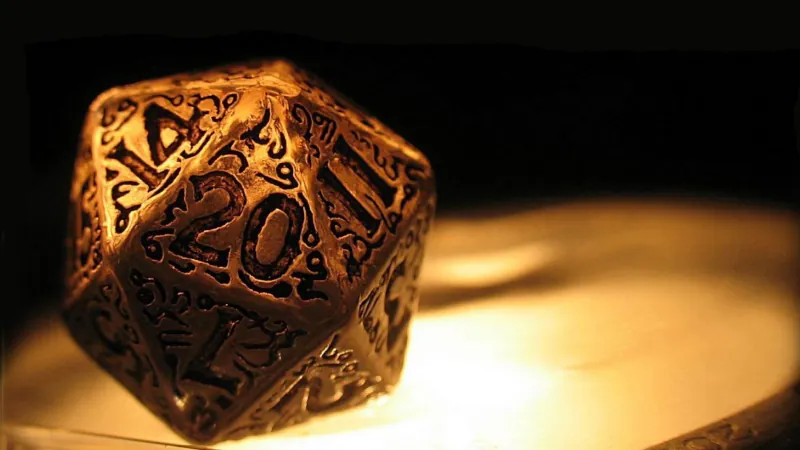Running your own Dungeons and Dragons (D&D) game as a Dungeon Master (DM) can be an exciting and rewarding experience. Here are some basics to help you get started:
- Familiarize Yourself with the Rules: Have a solid understanding of the D&D 5th Edition rules. Read through the Player’s Handbook, Dungeon Master’s Guide, and Monster Manual to grasp the core mechanics, character creation, combat rules, and world-building guidelines.
- Plan Your Adventure: Decide on the setting, theme, and overall storyline of your campaign. Consider the type of adventure you want to run, whether it’s a classic dungeon crawl, a political intrigue, or an epic quest. Create a basic outline of major plot points, important locations, and key non-player characters (NPCs).
- Prepare the Session: For each gaming session, plan encounters, challenges, and opportunities for roleplaying. Consider creating a balance between combat encounters, puzzles, and social interactions. Prepare stat blocks for monsters, notes for NPCs, and any necessary maps or handouts.
- Create a Safe and Welcoming Environment: Establish a positive and inclusive gaming atmosphere. Communicate with your players about their boundaries, expectations, and any sensitive topics to avoid. Encourage respect and cooperation among players, allowing everyone to contribute and have fun.
- Encourage Player Agency: D&D is a collaborative storytelling game, so give your players opportunities to make meaningful choices and affect the world. Allow them to shape the story and adapt to their decisions, while providing a sense of consequence for their actions.
- Describe the World: As the DM, set the scene and provide vivid descriptions of locations, characters, and events. Engage your players’ senses and immerse them in the game world. Use descriptive language to create a compelling narrative and engage their imagination.
- Facilitate Roleplaying: Encourage your players to immerse themselves in their characters and engage in roleplaying. Use NPCs to interact with the players, allowing them to build relationships, negotiate, and solve problems through diplomacy. Provide opportunities for character development and personal story arcs.
- Manage Rules and Improvisation: While it’s important to understand and follow the rules, be prepared to improvise when necessary. D&D is a dynamic game, and unexpected situations will arise. Trust your instincts and make rulings on the spot, keeping the game flowing smoothly and maintaining a sense of fun.
- Engage in Active Listening: Pay attention to your players’ actions, desires, and feedback. Adapt the game based on their interests and provide challenges and rewards that align with their characters’ goals. Encourage open communication and listen to their ideas and suggestions.
- Have Fun: Remember that D&D is a game meant to be enjoyed by everyone involved. Embrace the collaborative and creative nature of the game, and don’t be afraid to have fun and inject humor into your sessions. Enjoy the journey and the shared storytelling experience with your players.
Running a D&D game takes practice and experience, so don’t worry if you encounter challenges along the way. Learn from each session, adapt to the needs of your players, and continue to refine your skills as a Dungeon Master. Most importantly, create a game that brings joy and adventure to everyone at the table.

